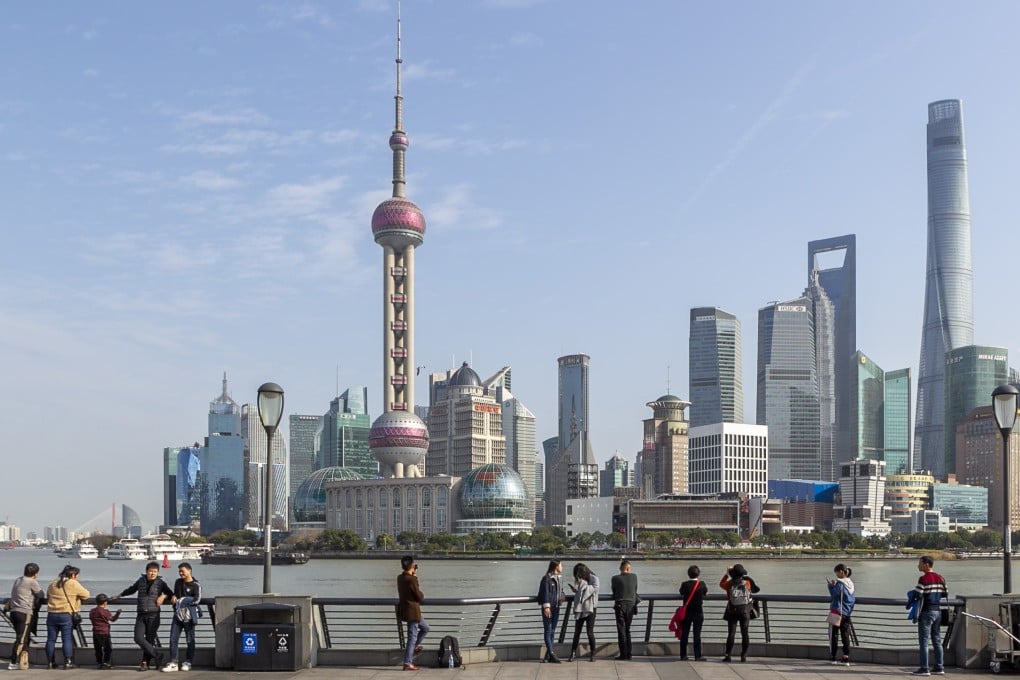Growing number of African-American China experts work to gain recognition, puncture stereotypes
- ‘We need to normalise the idea that America is diverse,’ says a professor and Asian studies specialist who helped found the Black China Caucus
- In the wake of recent violence in the United States, African-American and Asian groups take steps to join forces as they see their communities under siege

US congressional staffer Mark Akpaninyie, an African-American, had clumps of his hair hoarded as souvenirs. Think tank analyst Bryce Barros was told his skin was too dark to be an American. Technology expert Shirley Hargis was asked if she was Beyoncé.
Black people living in China faced their share of jarring interactions, whether motivated by prejudice, racism or ignorance.
Hargis, deputy manager of the China Technology Transfer & Emerging Technologies at civic group CRDF Global, said that while living in Suzhou, Harbin and Taiwan, people would typecast her based on stereotypes of black women’s bodies.
“Some rubbed my palms – oh does this come off? Much of it was just curiosity. But grabbing? I was like: Stop, that’s rude,” she said. “They looked at me stunned like ‘Oh, it’s moving.’ I think they were more shocked that I could speak the language.”
Yet many who returned to the US hoping to launch careers as China experts in spite of the slights said they faced another more subtle prejudice: the idea that being black and an expert on China was somehow incongruous given white’s historical dominance in the field.
“The way you remember history is a powerful tool of how you incentivise people to see something as theirs,” said Akpaninyie, an Asia policy analyst with the US House Committee on Foreign Affairs who taught English in Yunnan.
